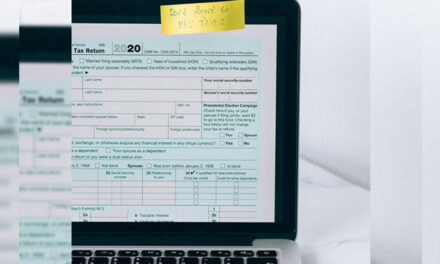When completing your earnings tax go back, selecting the suitable federal filing popularity is essential for optimizing your tax blessings. The Internal Revenue Service (IRS) recognizes 5 submitting statuses based on marital status and particular criteria. Let’s delve into each repute to help you make an informed decision:
Which Tax Filing Status Should I Use?
- Single:
- Applicable if you are single, divorced, legally separated, or widowed as of December 31.
- Individuals with dependents now not serving because the number one caregiver for extra than 1/2 of the year have to use this status.
- Married Filing Jointly:
- Married couples publish one mixed tax go back, sharing responsibility for earnings and taxes.
- Couples ought to be legally married as of December 31, and qualifying widows or widowers also can use this status.
- Married Filing Separately:
- Suitable for couples with separate high incomes or significant itemized deductions.
- Caution: Some tax breaks may be reduced or unavailable for separate filers, making it less advantageous.
- Head of Household:
- Available for unmarried individuals as of December 31, paying over half the costs of maintaining their home.
- Must have a qualifying dependent living with them for at least six months, with special exceptions for dependent parents.
- Qualifying Widow/Widower with Dependent Child:
- Exclusive to widows or widowers living with a dependent child and not remarried.
- Applicable for the year of the spouse’s death and up to two years afterward, offering tax rates and deductions similar to “Married Filing Jointly.”
Important Facts About Filing Statuses:
- Marital Status Determination: Your marital reputation on the ultimate day of the yr determines your tax popularity for the complete 12 months.
- Choosing the Optimal Status: If multiple statuses practice, pick the only ensuing in the lowest tax due.
- Single Status Clarification: Applies to the unmarried, divorced, or legally separated individuals.
- Married Filing Jointly Option: Married couples can file a joint tax go back, combining their profits and tax responsibilities.
- Deceased Spouse Consideration: If your spouse exceeded away, and you probably did no longer remarry at some point of the year, you may nevertheless record a joint tax go back with them.
- Married Filing Separately Election: Married couples can pick out to document one by one, but it would result in better overall taxes.
- Head of Household Criteria: Applies to unmarried taxpayers paying more than 1/2 the cost of maintaining a home for themselves and a qualifying person.
- Qualifying Widow/Widower Conditions: Available for up to 2 years after a partner’s dying, supplied positive situations are met.
For further details and in-depth information, please refer to IRS Publication 501, covering Dependents, Standard Deduction, and Filing Information.
Sources:






Trackbacks/Pingbacks